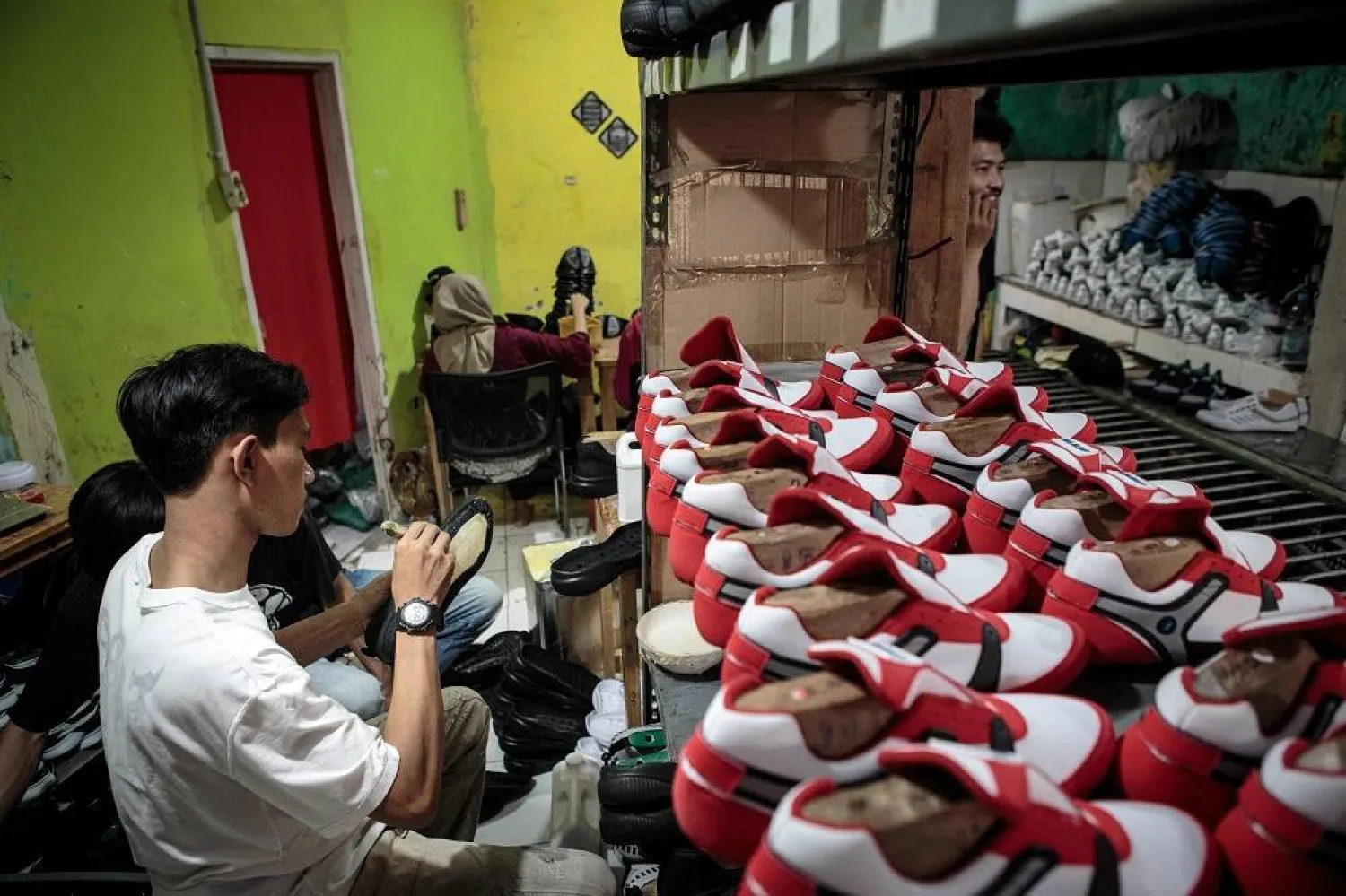Chinese-owned app TikTok on Thursday said it regretted the Indonesian government's decision to ban e-commerce transactions on social media platforms, particularly the impact it would have on the millions of sellers who use TikTok Shop.
But TikTok Indonesia said in a statement they will respect the regulations and laws that apply in Indonesia and “will take a constructive path forward.”
“We deeply regret the government’s announcement, especially how it will impact the livelihoods of the six million sellers and nearly seven million affiliate creators who use TikTok Shop,” said the statement sent to The Associated Press on Thursday.
Indonesia banned goods transactions on social media platforms such as TikTok in a bid to protect small businesses from e-commerce competition, accusing them of predatory pricing.
Indonesia’s Trade Minister Zulkifli Hasan on Monday announced the decision after a meeting with President Joko Widodo. The ban “is to prevent the domination of the algorithm and prevent the use of personal data in business interests,” Hasan told a news conference.
During an inspection to Southeast Asia’s largest wholesale market Tanah Abang in Jakarta on Wednesday, Minister of Cooperatives and Small and Medium Enterprises Teten Masduki said he found that sellers were experiencing a more than 50% loss of profits because they could not compete with imported products sold online at much lower prices.
Masduki said the China-based platform has been involved in “predatory pricing,” which caused damages to local small- and medium-sized businesses. He said the new regulation “will justly regulate fair trade online and offline.”
Minister of Communication and Informatics Budi Arie emphasized that the regulation is intended for all social commerce platforms, not just TikTok Shop.









